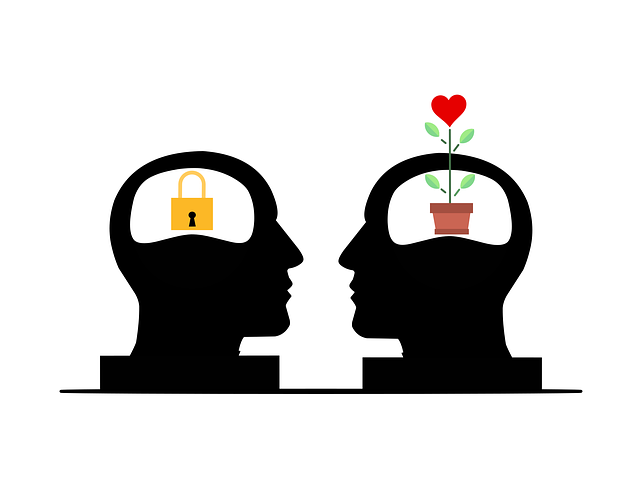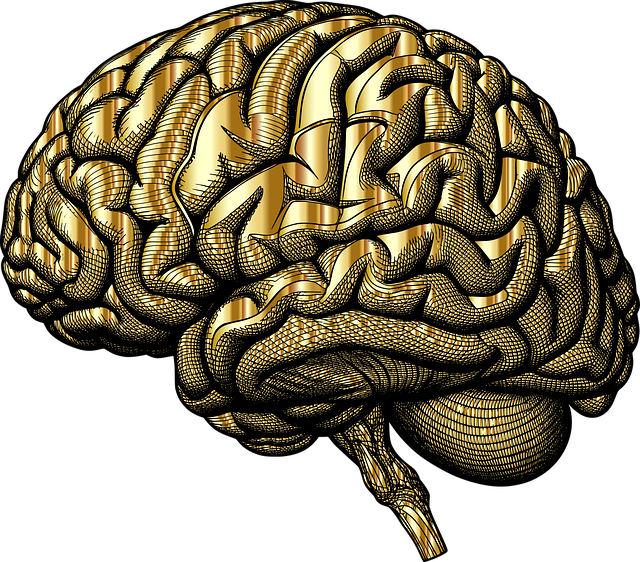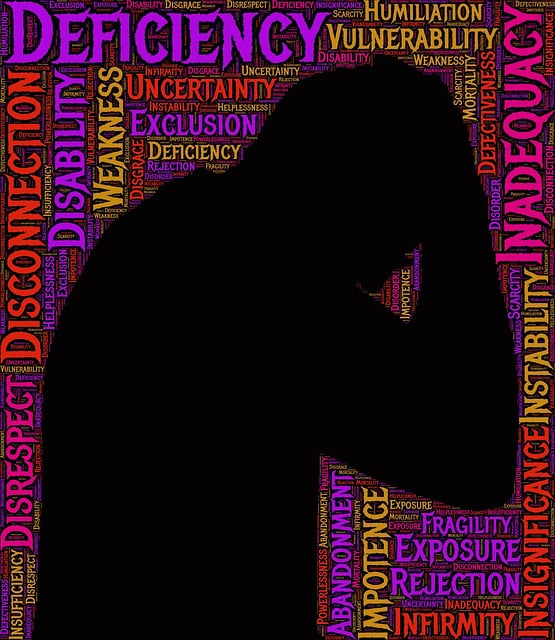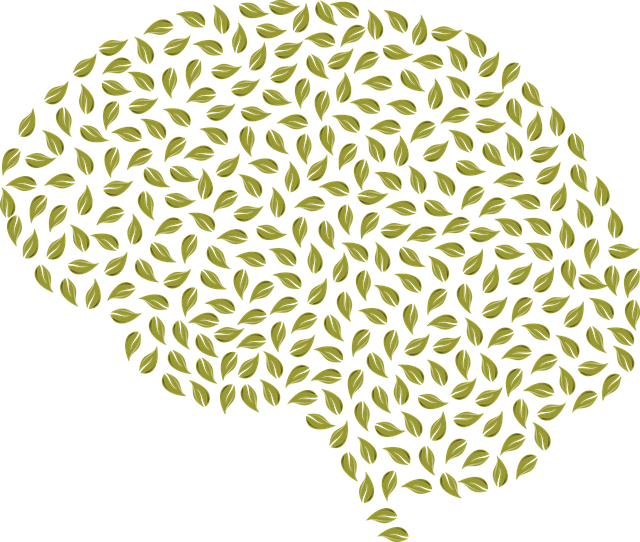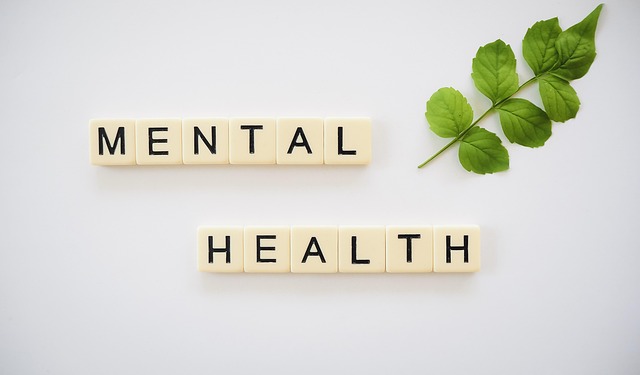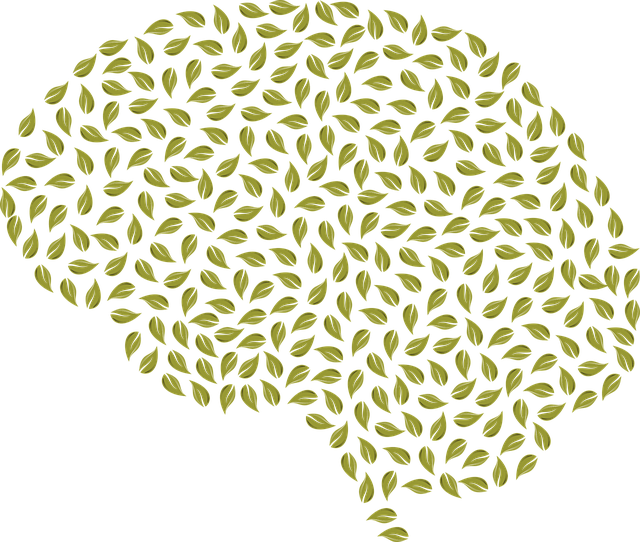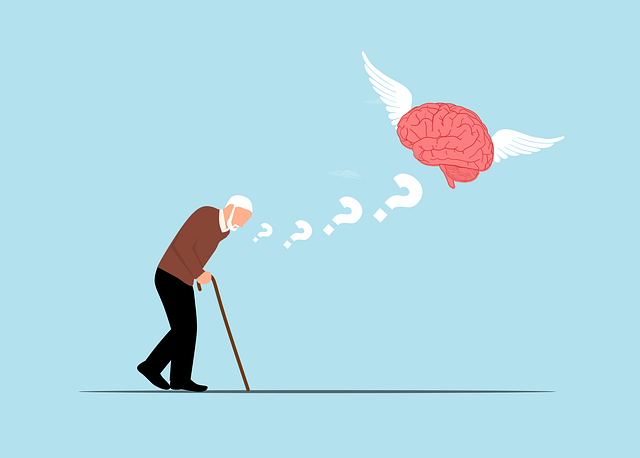The text explores the significant impact of stigma on mental health treatment, particularly for common disorders like Adjustment Disorder. It highlights how misconceptions and discrimination prevent individuals from accessing care. Educational programs, such as Mental Health Education Programs Design, are proposed as a solution to raise awareness, challenge negative attitudes, and promote empathy. By combining evidence-based practices with Mind Over Matter techniques, these initiatives create supportive environments, including Boulder Adjustment Disorder Therapy (BADT), where clients can heal without fear of judgment. Community engagement through open dialogues, support groups, and trauma support skills further reduces stigma, while policy changes advocate for early intervention and integration of mental health services to ensure access to BADT.
Mental illness stigma remains a significant barrier to recovery, yet reduction efforts are gaining momentum. This comprehensive guide explores strategies to combat this pervasive issue. We delve into the causes and profound impact of mental health stigma, highlighting its detrimental effects on individuals and society. Through therapy, community engagement, education, and policy advocacy, we can foster understanding and promote support. Discover how Boulder Adjustment Disorder Therapy and similar approaches play a pivotal role in breaking down barriers, enabling those affected to lead fulfilling lives.
- Understanding Mental Illness Stigma: Causes and Impact
- The Role of Therapy in Breaking Down Stigma
- Community Engagement and Education Strategies
- Policy Changes and Advocacy for Stigma Reduction
Understanding Mental Illness Stigma: Causes and Impact

Stigma surrounding mental illness is a significant barrier to treatment and recovery. It often stems from misconceptions, fear, and a lack of understanding about psychological conditions, leading to discrimination and social isolation. Mental health disorders, such as Adjustment Disorder, are common yet frequently misconstrued, causing individuals to suffer in silence. This hidden struggle can have severe consequences, affecting one’s overall well-being, relationships, and ability to function daily.
Educational initiatives like Mental Health Education Programs Design play a crucial role in promoting awareness and challenging stigmatizing beliefs. By implementing evidence-based practices and Mind Over Matter principles, these programs aim to reduce prejudice and encourage empathy. Additionally, risk assessment tools for mental health professionals can help identify and address stigma-related issues, ensuring a supportive environment for those seeking therapy, including Boulder Adjustment Disorder Therapy.
The Role of Therapy in Breaking Down Stigma

Stigma surrounding mental illness can be a significant barrier to individuals seeking help and support. Therapy plays a pivotal role in breaking down these barriers and fostering understanding. Through various therapeutic approaches, such as Boulder Adjustment Disorder Therapy, professionals can provide a safe space for clients to explore their experiences and challenge societal perceptions. This form of therapy not only helps individuals manage their disorders but also equips them with the tools to navigate life’s challenges, enhancing their inner strength and confidence.
By incorporating Mind Over Matter principles, therapy empowers clients to develop coping mechanisms that foster resilience. The focus on Inner Strength Development allows individuals to recognize their capabilities and build self-esteem, which is crucial in combating stigma. Furthermore, boosting confidence through therapy enables people to advocate for themselves and seek the support they need without fear of judgment.
Community Engagement and Education Strategies

Community engagement plays a pivotal role in stigma reduction efforts for mental illness. By fostering open dialogues and organizing educational initiatives, communities can humanize experiences that are often misunderstood. Workshops, seminars, and peer support groups centered around topics like Emotional Intelligence and Positive Thinking have proven effective in breaking down barriers. These platforms encourage understanding and empathy, allowing individuals to share their journeys and dispel myths surrounding mental health challenges, including Adjustment Disorder.
Educational strategies should also aim to equip community members with the skills to offer Trauma Support Services. When individuals are trained to recognize signs of struggle and provide non-judgmental support, they become vital allies in a person’s journey towards healing. This collective effort not only reduces stigma but also ensures those facing mental health issues have access to a supportive network within their communities, including those seeking Boulder Adjustment Disorder Therapy.
Policy Changes and Advocacy for Stigma Reduction

Policy changes play a pivotal role in reducing the stigma surrounding mental illness. Advocacy groups and healthcare professionals are pushing for legislation that promotes understanding and early intervention. This includes initiatives to integrate mental health services into primary care settings, ensuring easy access to resources. By normalizing conversations about mental wellness, these efforts aim to dismantle societal barriers.
For instance, policy adjustments can encourage schools and workplaces to implement programs focusing on emotional intelligence and burnout prevention. Such approaches foster a culture of support rather than punishment, especially for individuals facing challenges like adjustment disorder. Through advocacy, we can push for widespread acceptance, ensuring people receive the confidence-boosting therapy they need without fear of judgment or discrimination.
Mental illness stigma, a pervasive societal issue, can be significantly reduced through a multi-faceted approach. By increasing understanding and empathy through therapy, community engagement, education, and policy adjustments, we can foster an environment that supports those facing mental health challenges. Boulder Adjustment Disorder Therapy serves as a powerful tool in breaking down barriers, offering individuals the help they need without the burden of stigma. Through collective efforts, we can create a more inclusive society where mental well-being is prioritized and supported.



